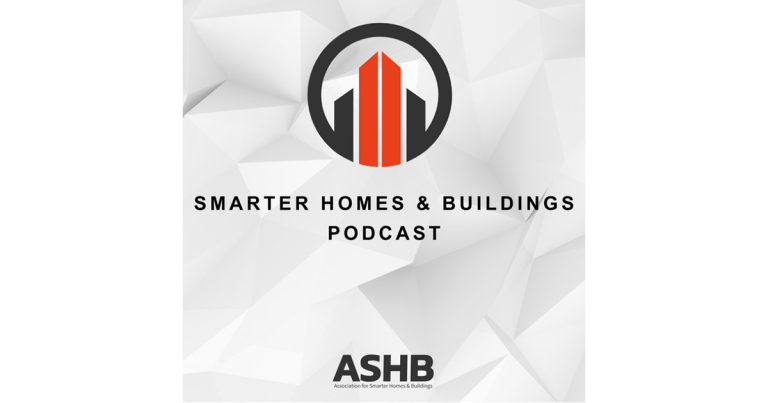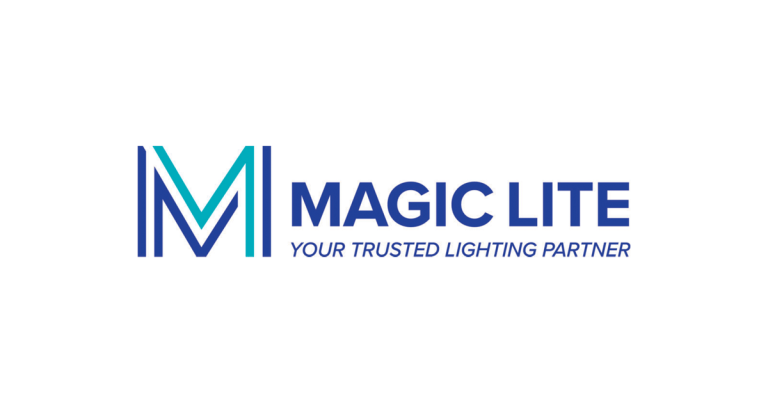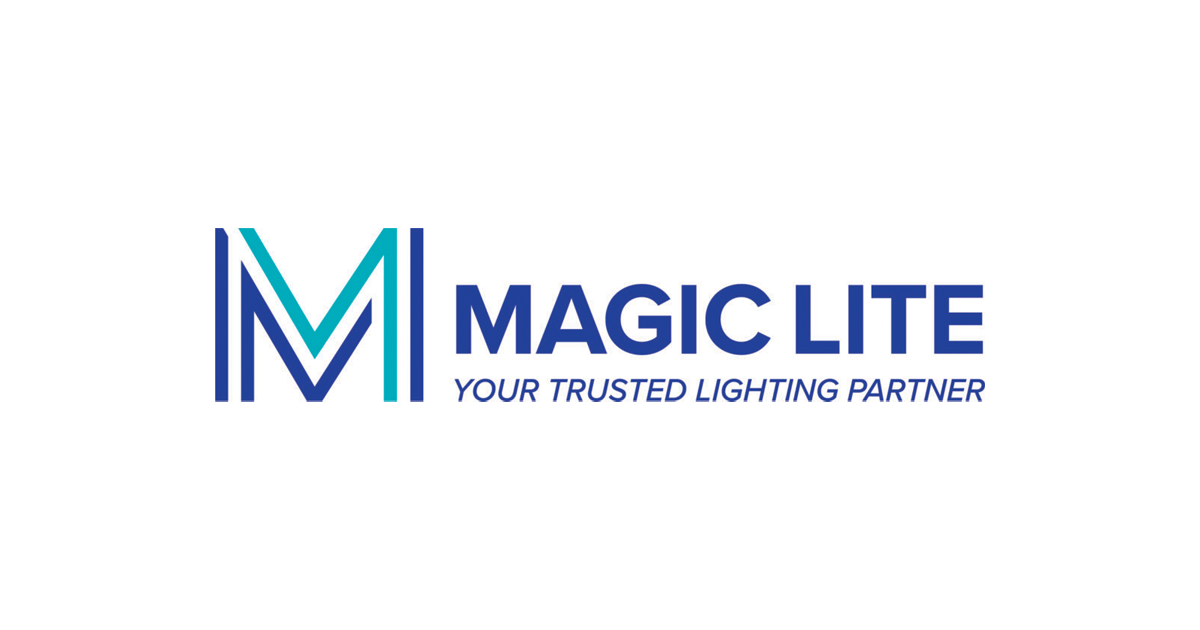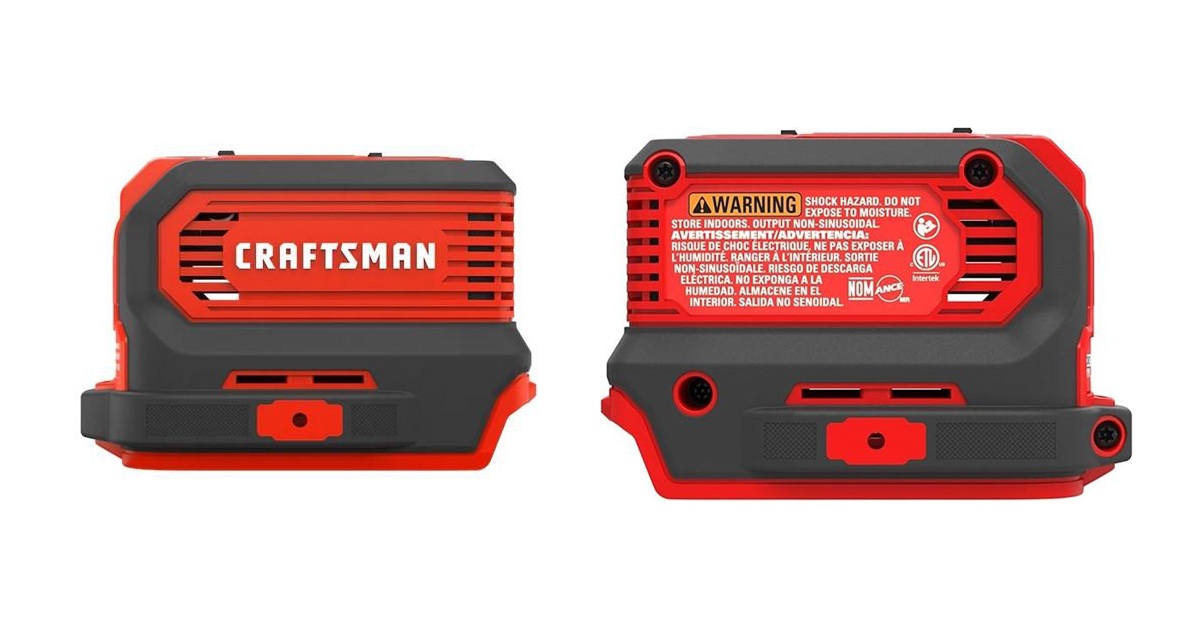How to Keep Up to Date with the CE Code

Apr 2, 2018
By Owen Hurst
The electrical industry and associated technology are growing at a staggering rate that requires standards and regulations to keep pace. This creates a challenge for tradesmen who must keep with rapidly changing codes and new regulations for niche markets or new avenues for existing electrical markets.
Training can provide a direct and relevant source on code regulations in a variety of particular areas. Such training provides in-depth understanding of the code in areas of interest to your business, when expanding to enter new avenues of opportunity, or for niche operators who are concerned primarily with sections of code that relate to their specific tasks.
CSA offers a wide variety of such courses. They are diverse and, depending on the course, available in different formats: online, classroom or on-site. The courses have been developed by a team of industry professionals, many of whom had direct input into the development of the Canadian Electrical Code and relevant standards. CSA trainers are veteran electrical industry professionals with years of practical hands-on experience and deep knowledge of the code.
Below are a number of relevant courses offered by CSA.
Navigating the 2018 Canadian Electrical Code (online)
• Provides practical guidance on how to navigate and use the 2018 Canadian Electrical Code, Part I so that you can easily locate the information you need, whenever you need it
• Designed to help CE Code users save time and increase productivity by learning how to more effectively find information, definitions and recognize the overall scope of the code
• Learn how to identify general and core requirements of the code to create and maintain a safe working environment
• Who should attend: all professionals, apprentices and students in the electrical industry
Grounding & Bonding 2018 Canadian Electrical Code
With an emphasis on safety, this course explores the requirements for grounding and bonding to help minimize the risk and severity of electric shock to better protect workers and prevent damage to property during a fault event.
Gain a thorough understanding of the requirements, definitions and code sections that specifically apply to grounding, bonding and equipotential bonding
Who should attend: industrial electricians, electrical engineers, electrical technicians and building, plant and maintenance staff and operators
Arc Flash and Shock Workplace Electrical Safety Based on CSA Z462-12
Developed for workers who perform energized electrical work, this course focuses on the practical application of CSA Z462 in the workplace and provides documentation tools in support of an employer’s overall occupational health & safety management system and an electrical safety program. The course incorporates industry-accepted best practice in applying standards in support of meeting provincial, territorial or federal regulatory OH&S due diligence for arc flash and shock management.
Who should attend: electricians, electrical engineers, supervisors, instrumentation technicians, AC and refrigeration technicians, cathodic protection technicians, elevator mechanics, overhead door and crane mechanics, fire alarm technicians, power engineers, power line technicians, power systems engineers.
Renewable Energy 2018 Canadian Electrical Code
This online course provides a detailed overview of the sections of the 2018 CE Code, Part I that focus on renewable energy, with particular emphasis on Section 64. The course will explore requirements for different types of renewable energy systems, relevant system components, functions, maintenance, safety and operation. Course content is conveyed through scenarios, activities and real-world examples.
Define appropriate workmanship, safety, maintenance and operation requirements outlined in the Code related to solar photovoltaic systems, small and large wind systems, micro-hydropower systems, hydrokinetic power systems, stationary fuel cell systems and storage batteries
Who should attend: construction electricians, electrical and energy managers, electrical and instrument engineers, electrical and controls engineers, electrical and mechanical engineers, electrical consultant engineers, electrical coordinators, electrical design engineers.
Manufacturing, Design, Planning — 2018 Canadian Electrical Essentials (online/in-class/on-site training)
This course enables participants to learn how to interpret CE Code applications through real-life examples and scenarios and helps code users become more confident in their ability to comply with code requirements. Save time and enhance your productivity by learning CE code requirements most applicable to your area of work.
Gain an understanding of CE Code sections as they relate to, designing, approving and planning of electrical requirements
Who should attend: manufacturers of electrical equipment, designers, electrical engineers, electrical technologists and techs, consultants, facility/plant/site and maintenance managers, electrical mechanics, utility managers
2018 Canadian Electrical Code Update — Detailed Overview of Changes
The 2018 CE Code, Part I contains many critical updates and major changes that are potentially of significance to your business. This course provides an update on all detailed changes contained in the new edition, saving you time by efficiently getting the information you need.
Understand how the latest changes impact electrical installations, maintenance, and safety.
Discover the rationale behind these changes and additions, including how the incorporation of new technologies, and the deletions of sections and rules can have an impact on your business.
Who should attend: electricians, engineers, electrical technologists and techs, manufacturing professionals, electrical mechanics, utility managers, electrical apprentices, trade qualifiers, electrical trainers, teachers and educators
Commercial, Industrial & Institutional Construction — 2018 Canadian Electrical Code Essentials (online/In-class)
This course will be ideal for CE code users working in commercial, industrial and institutional construction projects. Save time, increase productivity and maximize your learning experience by focusing on the most relevant sections, applicable examples and requirements in construction situations.
Gain a fundamental understanding of the definitions, scope and objective of the 2018 CE Code as they apply to construction-related electrical installations.
Who should attend: construction electricians, estimators, inspectors and regulatory officers, electrical contractors, any professional in the electrical construction industry.
For a full overview of the courses offered by CSA visit http://shop.csa.ca/en/canada/training/electrical-training/icat/electricaltrain
Owen Hurst is Managing Editor of EIN’s sister publication Panel Builder & Systems Integrator.





![Guide to the Canadian Electrical Code, Part 1 – 26th Edition[i] – A Road Map: Section 54](https://electricalindustry.ca/wp-content/uploads/2022/11/Guide-CE-Code-2-768x432.png)





![Guide to the Canadian Electrical Code, Part 1 – 26th Edition[i] – A Road Map: Section 54](https://electricalindustry.ca/wp-content/uploads/2022/11/Guide-CE-Code-2.png)





